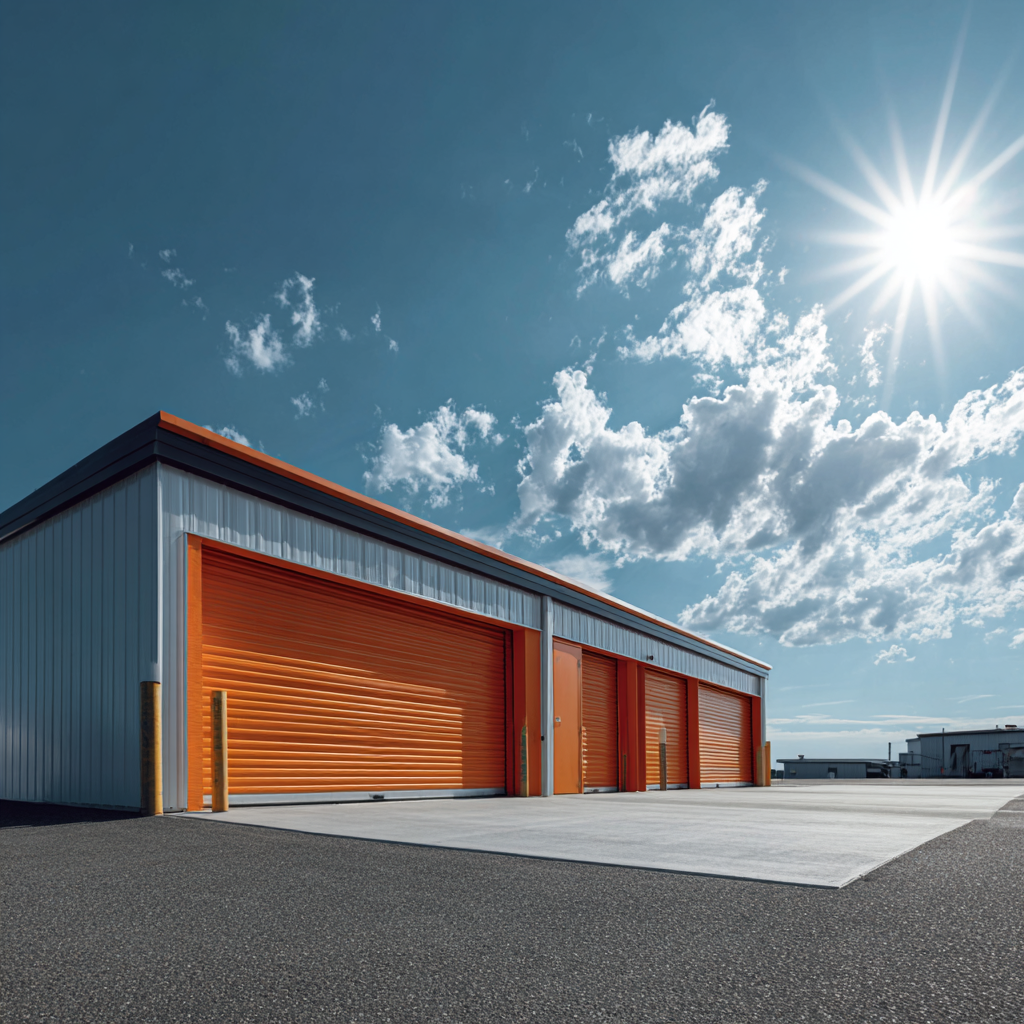Do Homeowners Associations Need Insurance? Complete Guide to HOA Insurance Coverage
What is HOA Insurance and Why Do HOAs Need It?
Understanding the Purpose of HOA Insurance
Homeowners associations (HOAs) are responsible for maintaining common areas and shared spaces within a community. To protect these areas from damage and mitigate liability risks, HOAs typically purchase HOA insurance, also known as a master policy. This insurance covers common elements like clubhouses, pools, lobbies, and walkways, shielding the association from financial loss if accidents, damage, or lawsuits occur.
Key Benefits of Having HOA Insurance
Financial Protection: HOA insurance covers repair costs for communal property damage.
Liability Coverage: Protects the HOA from legal expenses if someone is injured in a common area.
Board Member Protection: Directors and Officers (D&O) insurance shields board members from personal liability related to their decision-making.
Enhanced Community Safety: Maintaining adequate insurance coverage ensures residents and guests feel secure using shared amenities.
Legal Requirements for HOA Insurance Coverage
HOA insurance requirements vary by state. However, most states mandate that HOAs carry liability insurance to cover injuries and damages in shared spaces. Some states also require property damage coverage and fidelity bonds to protect against employee theft or dishonesty.
Types of HOA Insurance Policies You Should Know
General Liability Insurance: Protecting Common Areas
This coverage is essential for any HOA as it protects against claims related to injuries or property damage occurring in communal spaces. If a visitor slips in the lobby or at the community pool, this insurance covers legal fees and medical expenses.
Property Damage Coverage: Safeguarding HOA Assets
HOA property insurance covers damage to shared structures and amenities caused by covered perils like fire, wind, or vandalism. It ensures that common elements, including walkways, clubhouses, and outdoor areas, are restored without imposing extra financial burdens on homeowners.
Directors and Officers (D&O) Insurance: Why HOA Leaders Need Protection
HOA board members are often volunteers who make crucial decisions about community management. D&O insurance protects them from personal liability if residents or others sue the HOA for decisions made in good faith.
Social Host Liability Insurance: Coverage for Community Events
If your HOA hosts social events where alcohol is served, this coverage is vital. It protects against liabilities if someone becomes injured or causes damage after consuming alcohol at an HOA-sponsored event.
Garagekeeper’s Liability Insurance: Covering Parking Risks
In communities where non-members park on HOA property, garagekeeper’s insurance covers the association if a vehicle is damaged or stolen while parked in designated areas.
Workers’ Compensation and Employee Dishonesty Coverage: Protecting HOA Operations
If the HOA employs staff or frequently hires contractors, workers’ compensation insurance covers workplace injuries. Employee dishonesty bonds protect against theft or damage by employees.
Discrimination Claims Coverage: Preventing Legal Issues
If an HOA needs to foreclose on a property, discrimination claims coverage protects against lawsuits alleging unfair treatment during foreclosure, especially in cases involving protected classes.
HOA Insurance vs. Homeowners Insurance: What’s the Difference?
Why Both Types of Insurance Are Essential
While homeowners insurance covers individual dwellings and personal property, HOA insurance covers shared areas and communal property. Having both ensures comprehensive protection for homeowners living in HOA communities.
Key Coverage Differences Between HOA and Homeowners Insurance
HOA Insurance: Covers common areas and communal property.
Homeowners Insurance: Covers private dwellings and personal liability.
Loss Assessment Coverage: Helps bridge gaps when HOA insurance is insufficient.
The Role of Condo Insurance in HOA Communities
Condo owners typically need HO-6 insurance to cover the interior of their units. Depending on the HOA’s master policy (bare walls, walls-in, all-in), individual insurance requirements may vary.
Common HOA Insurance Coverage Options
Bare Walls Coverage: What It Includes and Excludes
This limited coverage includes only the structural framework of buildings, like walls and roofs, leaving internal fixtures uncovered.
Walls-In Coverage: Protecting Interior Structures
More comprehensive than bare walls, it covers fixed interior features like drywall, cabinets, and built-in appliances.
All-In Coverage: Comprehensive Protection for HOAs
Includes both structural elements and interior fixtures, even those added after construction. Ideal for communities with extensive amenities.
Loss Assessment Coverage: Filling Coverage Gaps
Protects homeowners from extra fees if the HOA insurance falls short in covering a loss, particularly in expensive lawsuits.
Final Thoughts on HOA Insurance
Why Comprehensive Coverage is Non-Negotiable for HOAs
Ensuring thorough insurance coverage protects both the community and the board from financial losses.
How Homeowners Can Stay Informed About HOA Insurance Policies
Stay updated by attending HOA meetings and reviewing annual policy summaries to understand coverage changes.
Need Help Navigating HOA Insurance Issues?
If your HOA is struggling with complex insurance claims or disputes, our experienced team at Shoreline Public Adjusters can help. We specialize in navigating the intricacies of HOA and homeowners insurance claims to ensure you get the coverage you deserve. Contact us today for a free policy review!
We are committed to helping homeowners associations manage their insurance claims efficiently and fairly. Reach out to Shoreline Public Adjusters for expert guidance and personalized assistance in resolving HOA insurance matters.
Shoreline Public Adjusters, LLC
780 Fifth Avenue South
Suite #200
Naples, FL 34102Email: hello@teamshoreline.com
Phone: 954-546-1899
Fax: 239-778-9889



